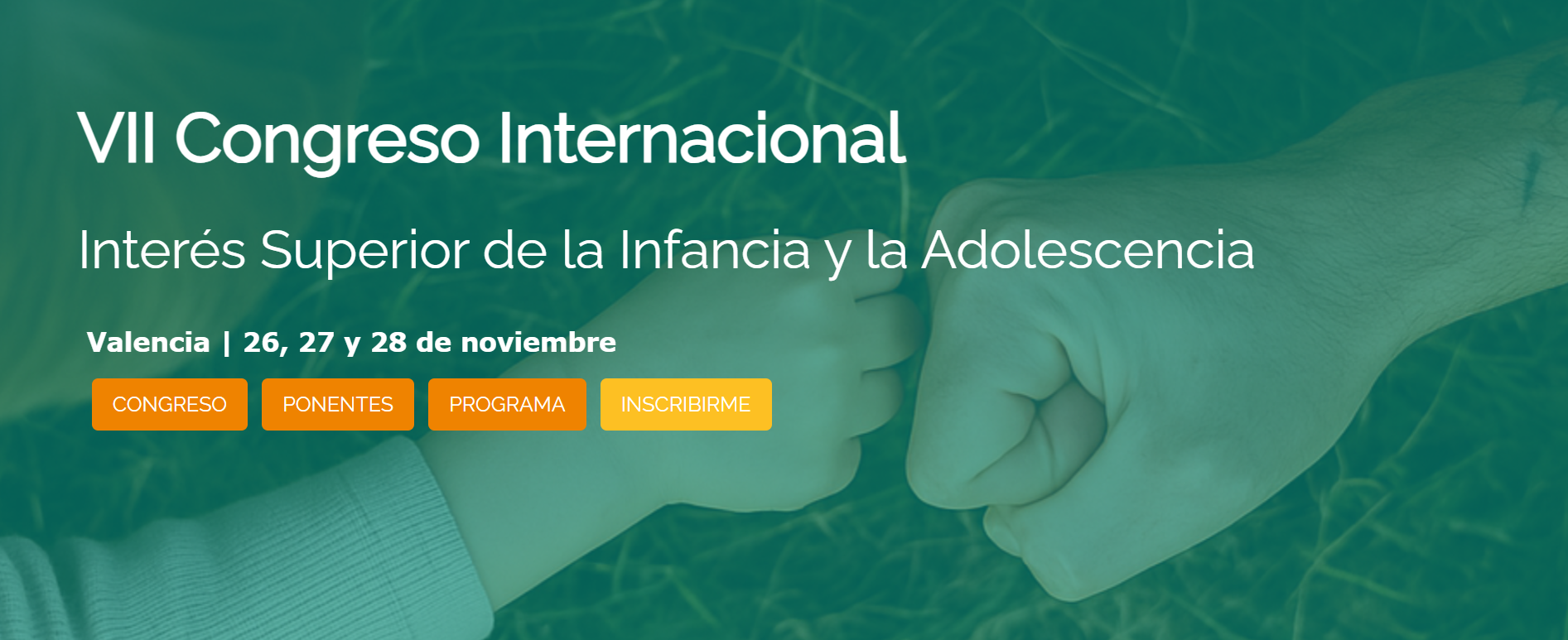How will the new EU budget support children in care?
Since May 2018, when the European Commission published its proposals for the Multiannual Financial Framework for 2021 – 2027, Eurochild has engaged in intensive advocacy efforts to ensure that children’s rights are prioritised in EU funding after 2020.
Through coalitions including the European Expert Group on Transition from Institutionalto Community-based Care, our focus was to ensure that funding regulations for EU Structural Funds in 2021-2027, including the European Social Fund (ESF+), European Regional Development Fund (ERDF), and Common Provisions Regulation (CPR) address the issues of child poverty, social exclusion and the transition from institutional to family- and community-based care (also known as deinstitutionalisation).
Here are a few highlights of how we have successfully ensured that children are at the heart of the EU’s budget.
The European Social Fund + will become one of the main tools to trigger investments to tackle child poverty and social exclusion. Although we advocated for a higher percentage of funds, the European Social Fund plus should invest 25% of its resources for social inclusion. This is important progress since the past EU funding period of 2014-2020 did not ring-fence funds for social inclusion. Additionally, children are now recognised under the category of 'most deprived persons'.
Community-based care is now recognised as alternative care. Thanks to our advocacy Article 6 - promoting the transition from institutional care to family and community-based care was adopted. In line with the UN Guidelines on the Alternative Care of Children if a child is at risk of losing or has lost parental care, “the most suitable forms of alternative care are identified and provided, under conditions that promote the child’s full and harmonious development”. This includes: kinship care, foster care, family-based or family-like care and residential care, which also implies community based care.
Meaningful involvement of civil society in programming, implementation, and evaluation of ESF+ is key to deliver the best possible outcomes. Therefore we are pleased to see that partnership is reiterated (Article 8) as well as support for capacity building of stakeholders including civil society organisations by 0,25% of ESF+ resources.
We are pleased that deinstitutionalisation is reiterated as the investment priority in the 2021-2027 European Regional Development Fund regulations under Article 2. ERDF investments have the potential to support the development of community-based care and support services to prevent family breakdown and separation of children from their families across EU Member States.
EU money cannot be spent any longer on development of institutional care settings. In the past, EU funds were used to renovate and build institutions. This shall no longer be possible (under Article 6 of the scope of the ERDF and the Cohesion Fund).
Anti-poverty strategies become conditions to access funds. Under the over-arching Common Provisions Regulation (CPR) that applies to various EU funding programmes, including the European Social Fund + and the European Regional Development Fund new rules must be followed for the use of funds and the criteria by which projects must adhere to be eligible for EU funding.
EU Member States must now have a national strategic policy framework on poverty reduction and social inclusion, including, amongst others, deinstitutionalisation as a pre-requisite to fulfil the enabling condition (under the proposed regulation for CPR, enabling condition 4.3).
We are also glad to see that that funds under the CPR should respect ‘Horizontal principles’ and be used in line with the UNCRC and UNCRPD and promote the transition from institutional to family- and community-based care.
And above all, we are delighted by the proposal form the Commission for a Council Recommendation establishing the European Child Guarantee which foresees that 5% of this budget will be used to tackle child poverty. This means that EU member states whose child poverty rates are higher than the EU average of 23.4% will have to allocate at least 5% of their ESF+ financial resources to fight child poverty. It also recognises children in alternative (especially institutional) care as one of the target group.





